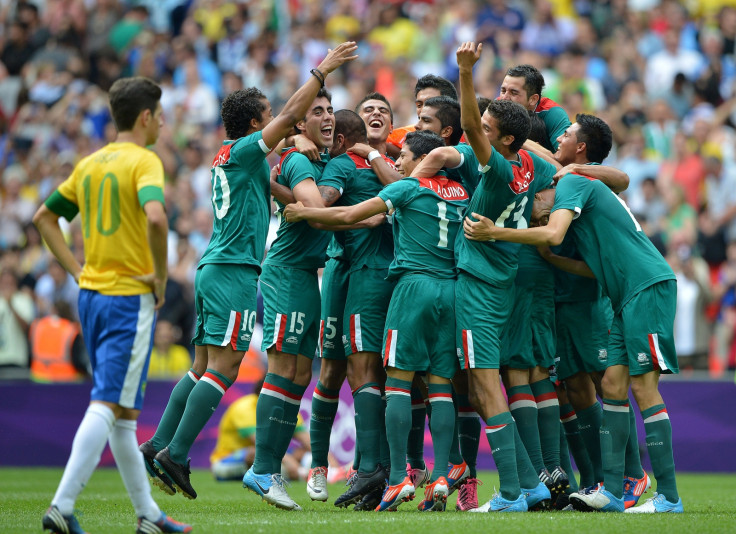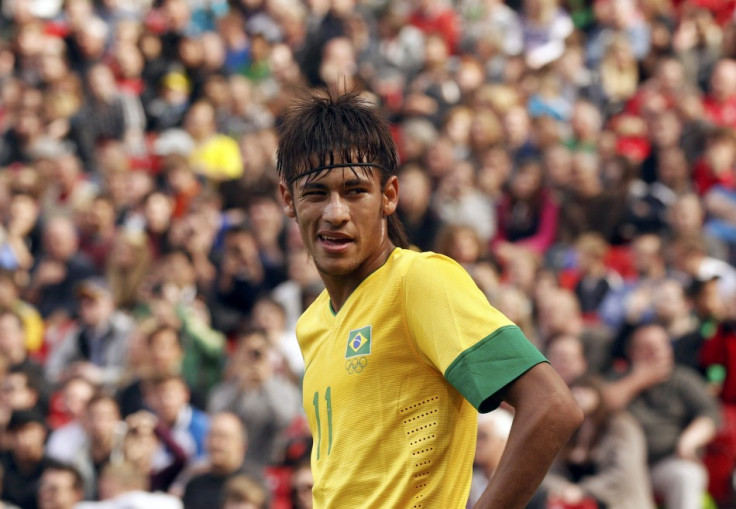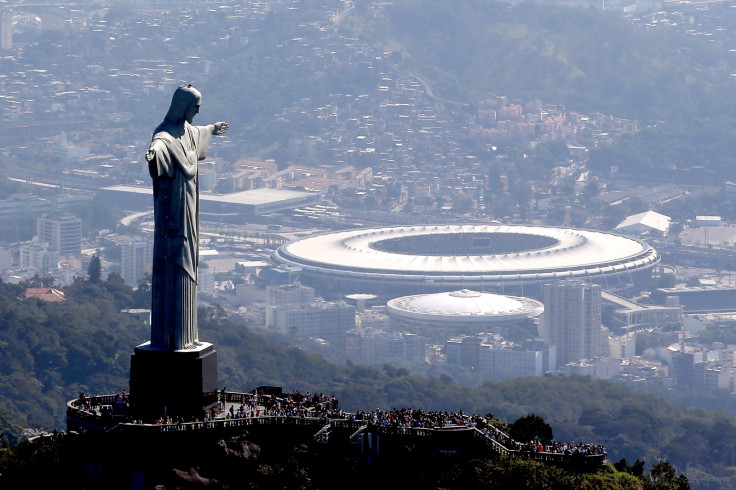Rio 2016 Olympics football: Everything you need to know about The Beautiful Game in Brazil
Brazil in search to win their first gold medal at home.

Football made its Olympics debut at the 1900 Paris Games, as a demonstration sport. A British team, Upton Park, beat a French side in the final, with Belgium – fielding players from the Université libre de Bruxelles – finishing third. However, while the IoC consider this tournament official, Fifa refuse to recognise it as there were only demonstration games between club sides.
The same happened in 1904 at St Louis, so according to Fifa the first official Olympic football tournament took place at the London games of 1908.
Six teams played in that tournament – Great Britain, two from France and one each from Sweden, the Netherlands and Denmark – and the hosts won the gold medal ahead of Denmark and the Netherlands. Men have since contested 25 more times in the Olympic Games, with the exception of Los Angeles 1932.
Hungary and Great Britan top the rankings – including the 1900 and 1904 tournaments – of gold medals with three each, while the former have also won one silver and one bronze in the process.
Brazil, meanwhile, also have five medals but have surprisingly never won a gold despite reaching the final three times, including in London 2012 where they lost the final to Mexico.
Meanwhile, the women had to wait almost a century to compete in an Olympic Games, with the game opening up for females in Atlanta 1996. They have since played five times, with United States towering above the rest of the countries, having won four gold medals and only losing to Norway in the final of Sydney 2000.
Rules
The rules of the men's tournament are quite similar to those of any major Fifa tournament. However in the Olympic Games most competitors must be under 23, with each squad allowed to have three 'over-age' players. Meanwhile, the women have no age restrictions.
Teams play games divided in two halves of 45 minutes each. During the knockout stage, if the game ends in a draw the referee will sanction 30-minute of extra time. Should it still be a draw, a penalty shoot-out of five kicks each will determine the winner. However, if after the five penalties the tie continues the teams will continue in a sudden-death scenario.
Format
There are two events in the tournament - men and women. In the men's tournament there are 16 teams divided into four groups. Eight teams, the top two of each group, go through to the knockout stage.
The following 16 teams will contest the tournament:
- Group A: Brazil, South Africa, Iraq and Denmark
- Group B: Colombia, Japan, Nigeria and Sweden
- Group C: Fiji, Germany, Korea Republic and Mexico
- Group D: Algeria, Argentina, Honduras and Portugal
Meanwhile, in the women's competition, there are only 12 teams divided into 3 groups. In this scenario the two best teams of the group advance automatically to the quarter-final, but will be joined by two best third-placed sides. The teams are as follows:
- Group E: Brazil, China, South Africa and Sweden.
- Group F: Australia, Canada, Germany and Zimbabwe
- Group G: Colombia, France, New Zealand and USA.'

Athlete to watch
Neymar (Brazil) – Football is everything for the Brazilians and the Barcelona star towers above all the rest of his teammates as the biggest name in his national team. They have won the World Cup more than anyone but are surprisingly yet to reach the pinnacle of the Olympic Games. Playing at home looks a unique opportunity to end such a hoodoo and the former Santos star is the main man behind those hopes. However, he already missed an opportunity in London four years ago and coach Rogerio Micale has given him a new chance to redeem himself by naming him as one of the three over-age players in the squad, along Bayern Munich's Douglas Costa and Palmeiras goalkeeper Fernando Prass.
Venues
Amazonia Arena, Corinthians Arena, Fonte Nova Arena, Mané Garrincha Stadium, Maracana, Mineirao, Olympic Stadim.

Schedule
- 3-9 August: Women's group phase matches
- 4-10 August: Men's group phase matches
- Friday 12 August: Women's quarter-finals
- Saturday 13 August: Men's quarter-finals
- Tuesday 16 August: Women's semi-finals
- Wednesday 17 August: Men's semi-finals
- Friday 19 August: Women's gold and bronze medal matches
- Saturday 20 August: Men's gold and bronze medal matches
© Copyright IBTimes 2024. All rights reserved.






